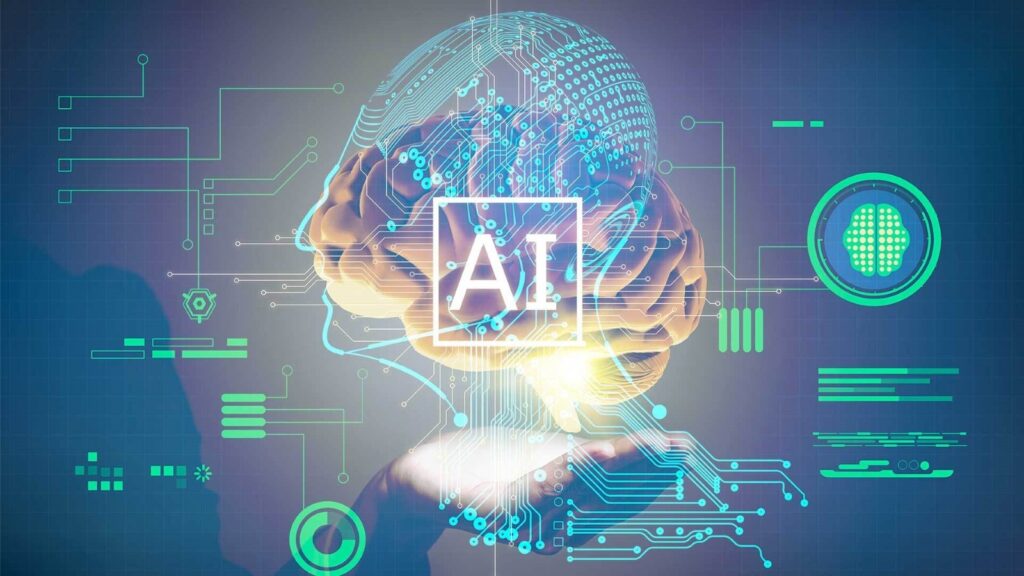The Future of Artificial Intelligence & Its Impact on Your Organization
Rapid advancements in Artificial Intelligence (AI) have transformed industries in recent years. AI technologies have become increasingly sophisticated, enabling organizations to automate tasks, analyze massive amounts of data, and gain valuable insights. According to Gartner Artificial intelligence (AI) will change every aspect of digital work in the coming decade. As we look to the future, the possibility of AI to revolutionize businesses and reshape industries is immense. In this blog post, we will explore the future of AI and its profound impact on your organization.

- Enhanced Automation and Efficiency: AI is set to revolutionize automation, increasing organizational efficiency and productivity. As AI systems become smarter and more capable, they can automate repetitive tasks, freeing valuable human resources to focus on higher-value activities. This can result in streamlined operations, reduced costs, and improved overall performance.
- Advanced-Data Analysis and Decision Making: The abundance of data available to organizations can be overwhelming. However, artificial intelligence has the potential to transform this data into actionable insights. By leveraging machine learning algorithms, AI systems can analyze large datasets and uncover patterns, trends, and correlations that humans may overlook. This, in turn, empowers organizations to make data-driven decisions, optimize processes, and gain a competitive edge in their respective industries.
- Personalized Customer Experiences: AI enables organizations to provide highly personalized customer experiences at a scale. By leveraging AI-powered chatbots, recommendation engines, and natural language processing, businesses can deliver tailored interactions, anticipate customer needs, and provide timely support. This level of personalization fosters customer loyalty, enhances satisfaction, and increases the likelihood of repeat business.
- Improved Cybersecurity and Risk Mitigation: With the rising threat of cyberattacks, organizations are increasingly turning to AI for enhanced cybersecurity. AI-powered systems can quickly analyze vast amounts of data to detect anomalies and identify potential security breaches. By continuously monitoring networks and systems, AI can identify and respond to threats in real time, mitigating risks and protecting sensitive information.
- Enhanced Human-AI Collaboration: The future of AI is not about replacing humans but about augmenting human capabilities. AI can work with human employees, complementing their skills and expertise. Organizations can leverage AI’s analytical capabilities through human-AI collaboration while humans contribute their creativity, critical thinking, and emotional intelligence. This symbiotic relationship can lead to innovative problem-solving, improved productivity, and the emergence of new job roles that leverage the strengths of both humans and artificial intelligence.
- Ethical Considerations and Responsible AI: As AI becomes more pervasive, organizations must grapple with ethical considerations and ensure responsible artificial intelligence deployment. Transparency, fairness, and accountability are critical aspects to address. Organizations must establish ethical frameworks and guidelines to govern AI systems, ensuring they align with societal values and avoid biases or discriminatory practices.
Conclusion:
The future of AI holds immense potential for organizations across industries. By embracing AI technologies, organizations can leverage automation, data analysis, and personalized experiences to drive efficiency, innovation, and growth. However, it is crucial to approach AI with ethical considerations and responsible practices to ensure its benefits are maximized while minimizing risks. As the AI landscape continues to evolve, organizations that adapt and harness the power of AI will be well-positioned to thrive in the dynamic business landscape of the future. For more knowledge read our blogs on our website Auxin.io.






